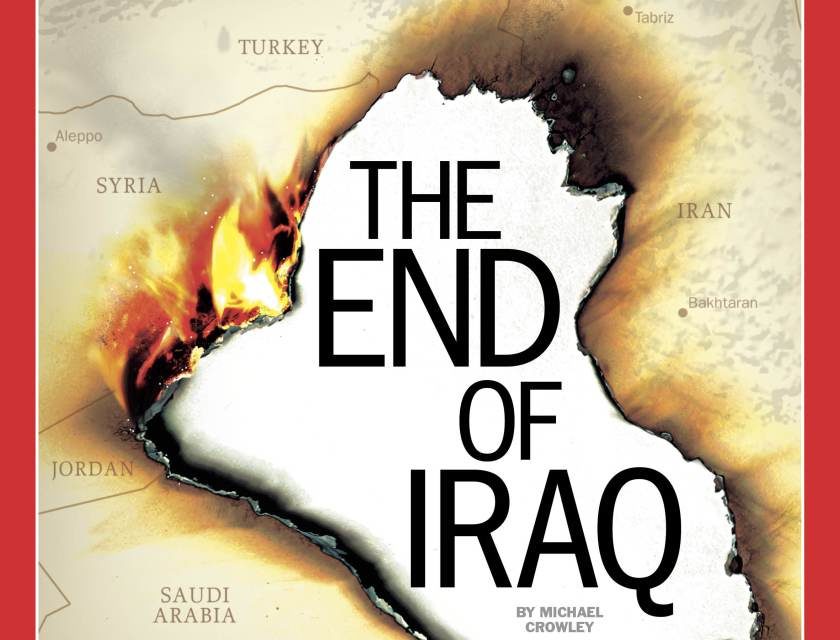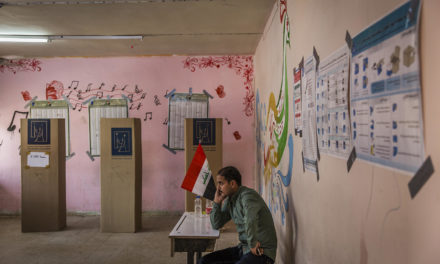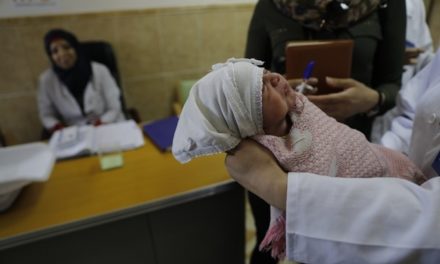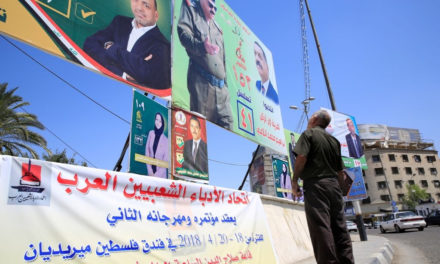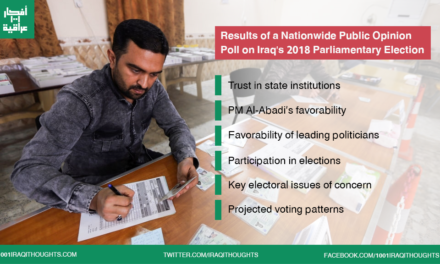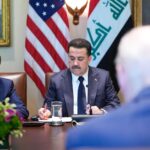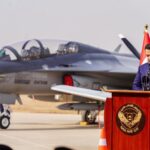As Iraqis take part in the fourth parliamentary elections since the fall of the Ba’ath regime, it is worth pausing for a moment to contemplate just how far the country has come since the dark days of June 2014. Written off by almost everyone, the story of Iraq’s remarkable recovery offers an opportunity to question our fundamental assumptions about the country.
Two weeks after Mosul fell to ISIS, the BBC wrote a story asking, Is this the end of Iraq? On the same day, Time magazine published its now infamous June edition with a front cover featuring a smoldering map of Iraq that declared The End of Iraq. Both were preceded by a New York Times column from Ross Douthat, also entitled The End of Iraq, while Forbes’ contributor Loren Thompson explained Why Iraq Can Never Be A Democracy. Meanwhile, The Independent’s Patrick Cockburn confidently declared The end of a country, and the start of a new dark age.
These spectacularly poor predictions contained all the core ingredients of a flawed understanding of Iraq’s internal dynamics, including a myopic view of the country that is often coloured by personal experiences of the Iraq War; and an essentialist understanding of identity politics and belief systems. But most crucially, many entirely underestimated the resilience of the Iraqi people and their commitment and resolve to keeping their country together. As ISIS continued to rampage through vast swathes of the country during those first two months, few people contemplated the extent to which Iraqis would be willing to make the ultimate sacrifice in order to win back their country.
Michael Crowley’s feature in Time magazine suggested that “Iraq’s Shi‘ites, with their reservoirs of oil in the south, may be content to slough off the comparatively barren Sunni lands to the north and west.” Perhaps Crowley had never met the Iraqi mothers of Basra and Nasiriya – warriors in their own right who’d had the audacity to stand up to Saddam Hussein and had already sacrificed loved ones during that era. They, along with countless other mothers across the country decided that the country was worthy of saving even if it meant losing their own sons.
Crowley likened the war against the transnational terror organization to some sort of eternal conflict that began with Abel and Cain, noting that America had not “fully appreciated until now the continuing reign of much older spirits: hatred, greed and tribalism.” Meanwhile, Loren Thompson asserted, “The simple truth is that Iraq as currently constituted can never be a stable democracy [because] Iraqis do not have a shared sense of nationhood.” As for Cockburn, his disdain for the Iraq War led him to declare, “The [Iraq] experiment failed disastrously and it seems it will be impossible to resurrect it because the battle lines between Kurd, Sunni and Shia are now too stark and embittered.”
Even for those who considered the possibility that ISIS could at some point be defeated failed to imagine that it would be Iraqis taking the lead in that fight. For that reason, many cautioned against any U.S. involvement because, as Ross Douthat put it, “the progress of regional war has a momentum that U.S. airstrikes are unlikely to arrest.”
Fast forward four years and Iraq is in a very different place. ISIS has been thoroughly defeated; over 3.7 million IDPs have now returned home; and violence is at an all-time low. For the first time, all of Iraq’s competing electoral coalitions have avoided using sectarian incitement as a means to win votes, and competing policies and visions were far more prominent than identity politics.
If there is one lesson to be learned from the past four years, it is that any attempt to write off Iraqis and their commitment to Iraq will likely end in failure. The country still faces major challenges but today is a major milestone and should be celebrated.

Ali Hadi Al-Musawi
Ali Hadi Al-Musawi is an Iraqi analyst and contributing writer at 1001 Iraqi Thoughts.

